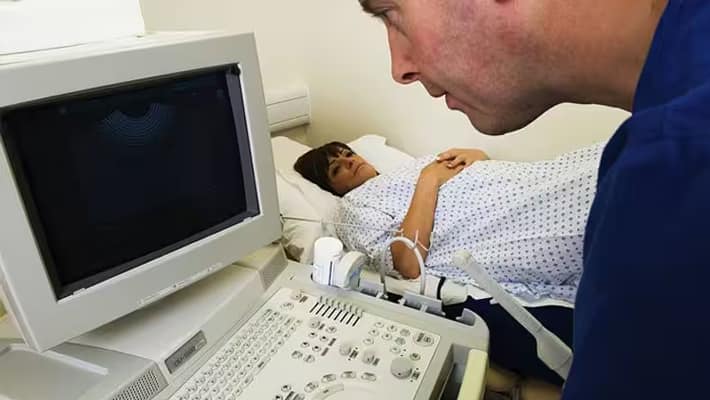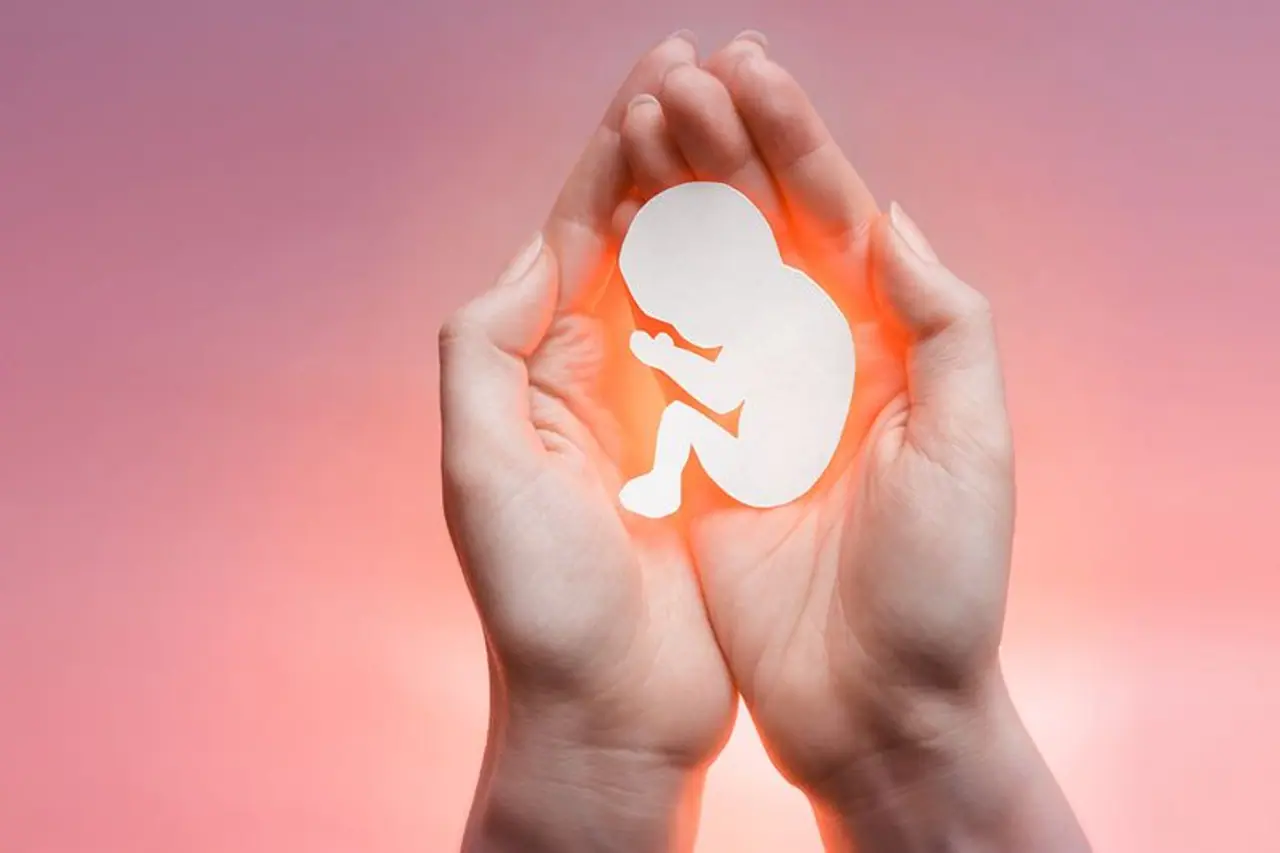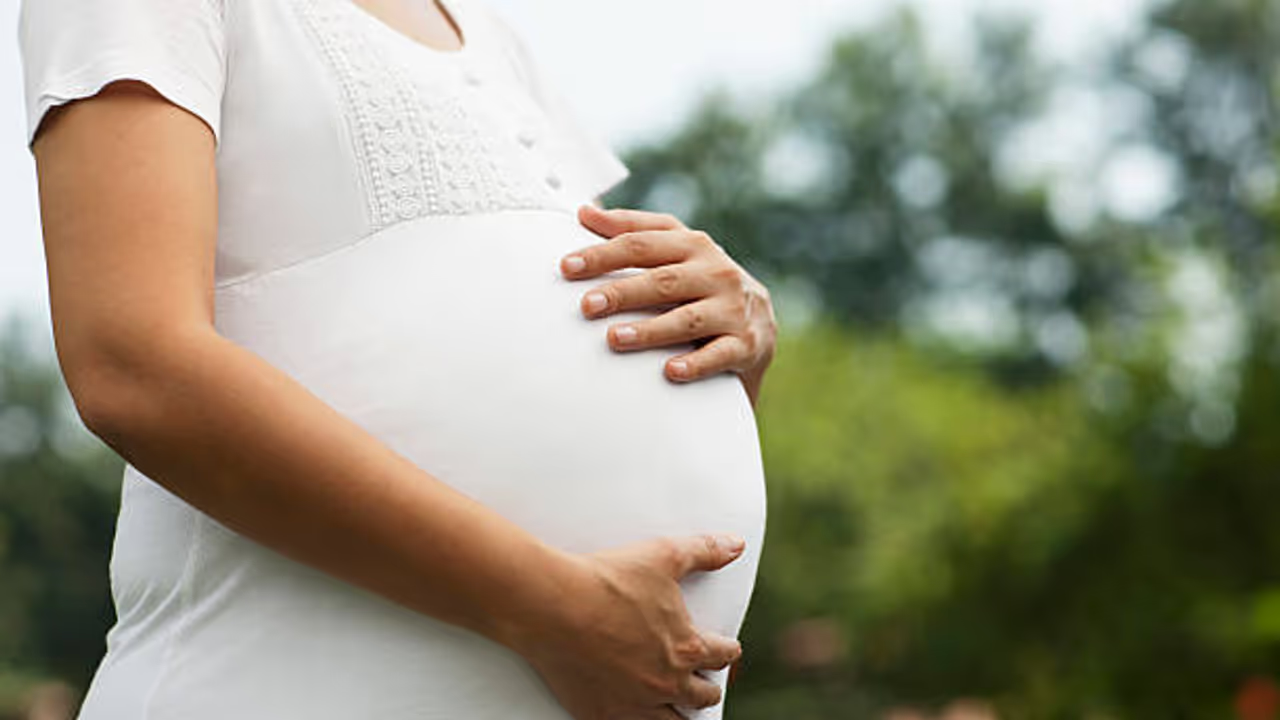Doctors say that pregnancy is divided into three stages. The first 12 weeks are in the first trimester, 12 to 26 weeks in the second trimester, and 28 to 40 weeks in the third trimester of pregnancy.
Every woman wants to be a mother. Motherhood is a beautiful dream of a woman. Women menstruate every month. When menstruation stops every month, they will understand that they are pregnant. During pregnancy, women have to pay more attention to their health. Otherwise, it will have a bad effect on the baby. So, to keep their baby healthy, women must take care of their diet and work.

Three stages of pregnancy
Doctors say pregnancy is divided into three stages: the first 12 weeks are in the first trimester, 12 to 26 weeks are in the second trimester, and 28 to 40 weeks are in the third trimester.

Enough rest
20 to 30 per cent of women experience light bleeding in the first 3 months. This is because around 6-7 weeks, the growing embryo attaches itself to the uterus. As a result, slight bleeding may occur. This is called 'implantation bleeding'. It does not require any treatment or medicine. It is enough to rest for a while.
Also Read: Heart-Healthy superfoods to prevent blockages and support cardiovascular wellness
Heavy bleeding
However, some women may experience slightly heavier bleeding. This is called 'threatened miscarriage'. This means there are signs of miscarriage but not a miscarriage. The cervix is closed, the baby's growth is normal, and the baby's heartbeat is normal. However, there is a small amount of bleeding inside the uterus. This is called 'subchorionic haemorrhage'. Internal bleeding may come out at this time.

Risk of miscarriage
Some people experience heavy bleeding. If this occurs, a doctor should be consulted immediately. Doctors can prescribe hormone injections or medicines for this. The baby's development, heartbeat, and the amount of bleeding inside the uterus are also scanned, and advice is given accordingly.
Placenta problem
After this, some bleeding occurs in the second stage, although it is less intense. If it is excessive, it indicates a problem with the uterus and placenta. In some cases, the placenta is near the opening of the uterus, that is, downwards. In such a situation, some bleeding is bound to happen. It would be best if you were more concerned about this. Otherwise, there is a possibility of miscarriage. So rest as much as possible. Do not repeat more difficult tasks.
Open uterus
Bleeding may occur in the third stage of labour, after 37 weeks. It is a sign of labour. Normal bleeding starts with the opening of the cervix. This type of bleeding also occurs if there is any lump of flesh in the cervix.
Also Read: Can a diabetic person eat chicken? Know benefits and risks
These are all problems like bleeding during pregnancy. Therefore, in cases of bleeding, doctors have advised patients to consult a doctor immediately and take proper treatment and advice.
